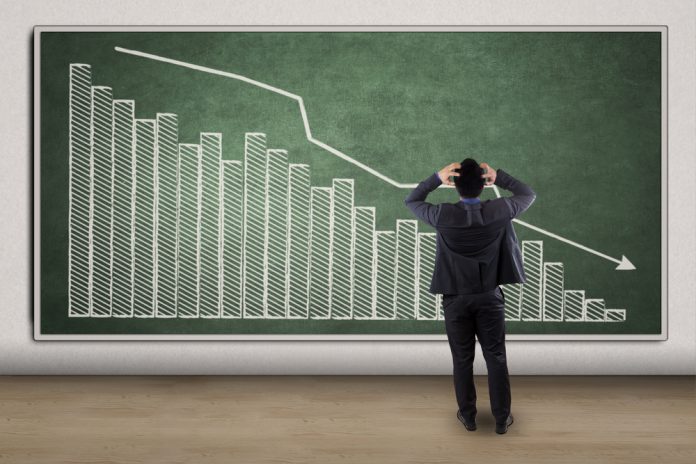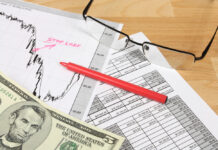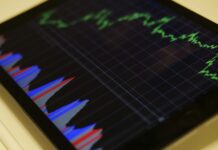Throughout U.S. history, there have been 17 recessions, including the Great Depression, but are they inevitable? They typically occur due to economic shock, with a burst housing bubble or energy prices spiking, but they can also be due to an unexpected event like the pandemic we’re facing now.
While sentiment among many economists and financial analysts is that a recession is an inevitable part of the business cycle in a capitalist economy and at least surface evidence seems to back that up, it doesn’t necessarily mean that it’s true. An economic damages expert can assess each situation differently — while recessions are common in a modern economy and often follow periods of strong growth the only way to prove logically that it’s an inevitable cycle is through reason and logic.
Recessions are always different — learning about the history of them doesn’t tell you a lot as they differ as far as how long they last, the length of time between them and their severity. While many people think of cycles being something rhythmic which equates to predictable, that’s not the case.
Understanding a Recession
The label “recession” refers to an economic period marked by negative growth, rising unemployment, depressed prices and a decline in output. It results from a large group of business errors that occur simultaneously due to organizations facing declining margins and financial loss. These businesses have to reallocate their resources, scale back on production and look more toward valuable ends.
Economists traditionally view recessions as inevitable while following periods of greater economic strength. Again, it’s logic rather than evidence through history that determines if something is inevitable, and economic logic doesn’t reveal that times of speculative trading will inevitably lead to reduced output.
Inevitability and Economics
While the majority of economists may assert that people interact with few resources to try and meet more purposeful ends, economics often reveals that without both parties receiving increasing values, no voluntary trade takes place. It can show that price controls will lead to relative surpluses or shortages, but when you look at the logic of economics, it won’t show inevitable results of individual trades leading to periods of real output decline. There are, in reality, very few certainties in economics.
Recessions Are an Inevitable Result of Congress Action
Rather than being a feature of the free market, recessions are actually the inevitable result of Congress action that grants a secretive central bank power, influencing the price of money. Government regulatory policies and tax combined with monetary policy all are part of the damage that occurs to the economy. Regulations like the licensing of occupations and minimum wage cause harm to low-income people that economic interventionists say benefit the most from states regulating welfare.
When a bubble bursts, the best thing for the Federal Reserve and Congress to do is to allow the recession to run its course, a necessary but painful part of helping the economy heal from the damage caused. With the Fed trying to pump everything up by creating new money while Congress spends billions on bailouts of politically influential corporations and stimulus plans, that restarts the cycle of boom and bust.
Find a Home-Based Business to Start-Up >>> Hundreds of Business Listings.

















































